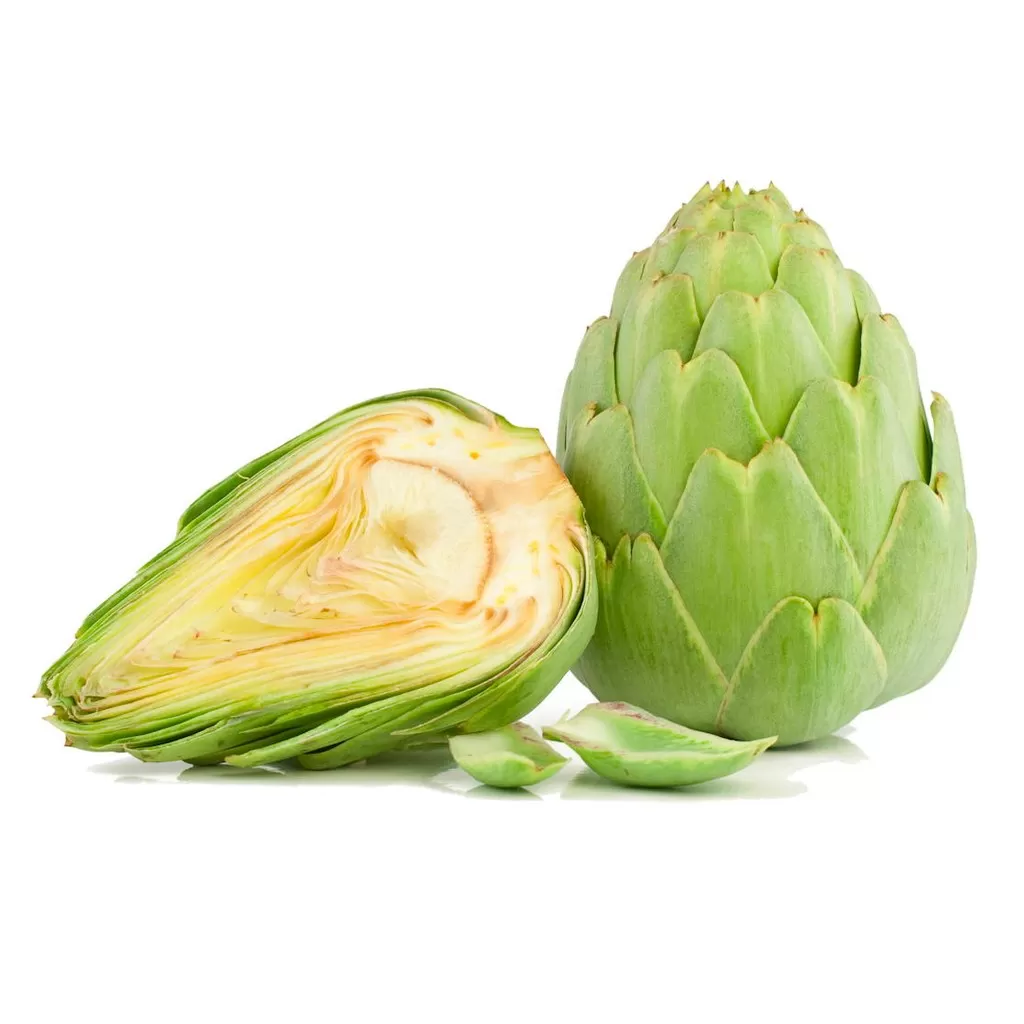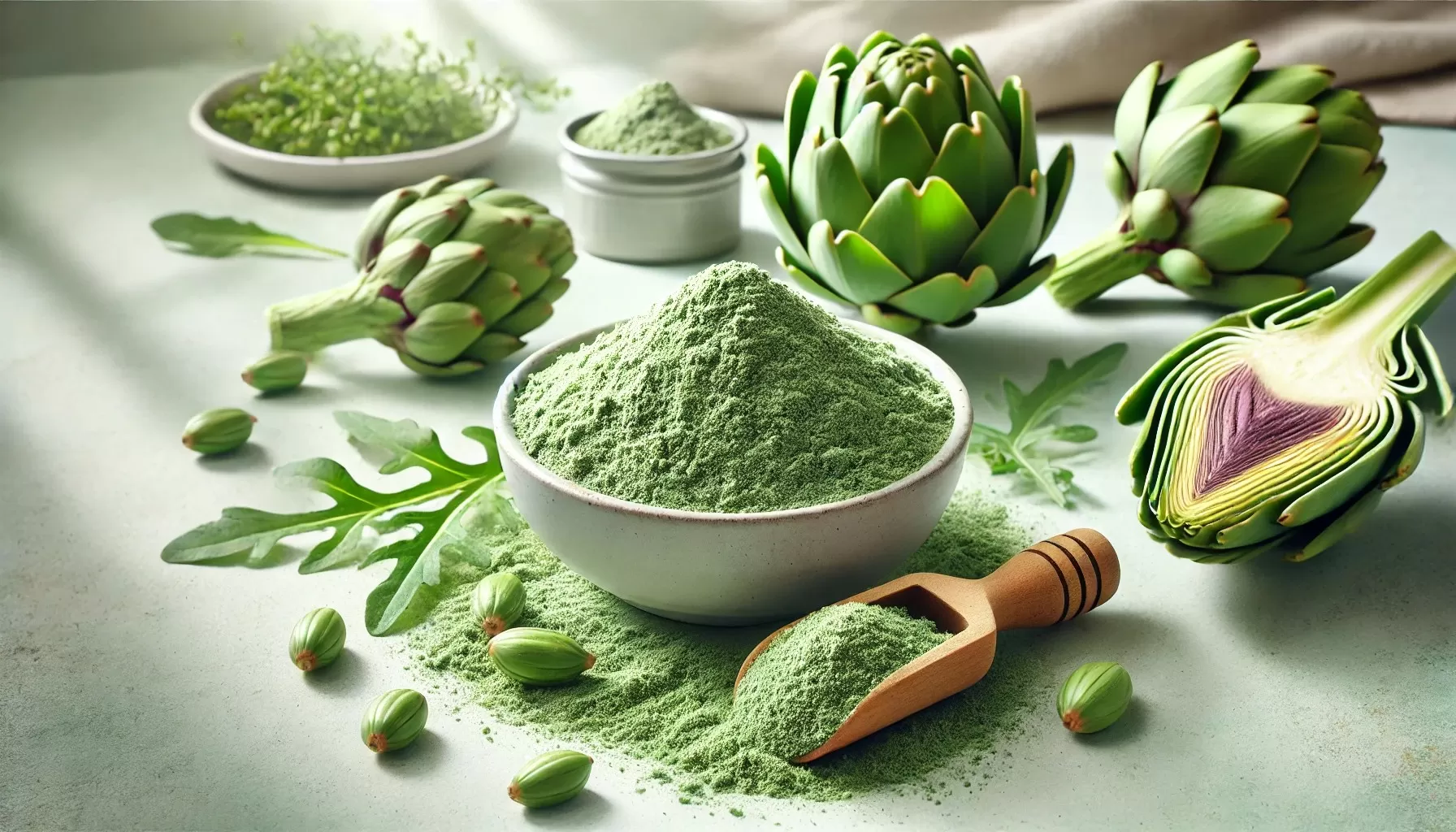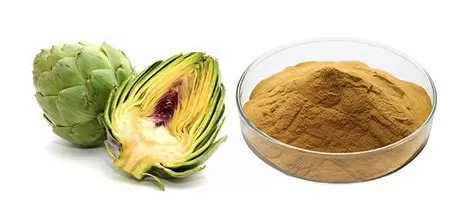- 0086-571-85302990
- sales@greenskybio.com
Is artichoke extract good for your kidneys?
2025-04-02
Artichokes, with their distinct flavor and rich nutrient profile, have long been celebrated for their health benefits. Originating from the Mediterranean region, the artichoke is not just a culinary delight but also a powerful herb in traditional medicine. Its extract, derived from the plant's leaves, has gained attention for promoting liver health, aiding digestion, and providing antioxidant support. Recently, researchers and health enthusiasts have been exploring Artichoke Extract's potential benefits for kidney health. This article investigates whether Artichoke Extract is indeed beneficial for kidneys, examining the scientific evidence and understanding how it might contribute to renal health.
Understanding Artichoke Extract
Artichoke extract is derived primarily from the leaves of the Cynara scolymus plant. Rich in bioactive compounds such as cynarin, luteolin, and chlorogenic acid, this extract is renowned for its antioxidant, anti-inflammatory, and lipid-regulating properties. These compounds are believed to support various bodily functions, including digestive health, liver function, and cardiovascular wellness, potentially extending their benefits to kidney health.
The Role of Kidneys in Health
Before exploring artichoke extract's effects, it is crucial to understand the kidneys' role. Kidneys are vital organs responsible for filtering blood, removing waste, regulating fluid balance, and maintaining electrolyte levels. They also play roles in blood pressure regulation and hormone production. Given their critical functions, supporting kidney health is essential for overall well-being.
Potential Benefits of Artichoke Extract for Kidneys
1. Antioxidant Properties: The kidney is susceptible to oxidative stress, which can lead to chronic kidney disease (CKD). Artichoke extract is rich in antioxidants, especially cynarin and chlorogenic acid, which combat oxidative stress. This antioxidant action can potentially protect the kidney tissues from damage caused by free radicals.
2. Anti-inflammatory Effects: Inflammation is a significant factor in kidney damage and disease progression. Artichoke extract’s anti-inflammatory compounds, like luteolin, may help reduce inflammation markers in the kidneys, possibly slowing or preventing the progression of damage.
3. Diuretic Action: Traditionally, artichokes have been used as diuretics—substances that increase urine production. This property can aid in flushing out toxins and reducing the burden on kidneys, though this effect must be approached with caution in people susceptible to dehydration or those with advanced kidney disease.
4. Blood Pressure Regulation: Hypertension is a common risk factor for kidney disease. Studies suggest artichoke extract can aid in regulating blood pressure, which in turn might help protect kidney function. The regulation of lipid levels by artichoke extract also contributes to cardiovascular health, indirectly supporting kidney health.
Scientific Evidence and Research
While direct research on artichoke extract's benefits for kidneys is relatively limited, existing studies shed light on its potential:
- A study published in "Phytotherapy Research" highlighted the hepatoprotective and antioxidant properties of artichoke extract, which may contribute to overall detoxification processes, including supporting kidney health by mitigating oxidative stress.
- Research in the "Journal of Functional Foods" demonstrated that chlorogenic acid and cynarin present in artichoke extract exhibit significant antioxidant activity, suggesting potential against oxidative damage in various tissues, including kidneys.
- In animal studies, artichoke extract has shown promise in lowering cholesterol levels and improving lipid profiles, which can reduce the risk factors associated with hypertension and indirectly support kidney function.
While these studies provide foundational knowledge, more direct research on humans focusing solely on kidney function is necessary to fully substantiate these benefits.
Practical Applications and Considerations
1. Supplement Selection: When choosing artichoke extract supplements, focus on quality and composition, ensuring they contain standardized levels of active compounds like cynarin and chlorogenic acid. Opt for reputable brands that adhere to good manufacturing practices.
2. Dosage and Usage: Follow recommended dosages on product labels or consult a healthcare provider, especially when dealing with existing health conditions or taking other medications, as artichoke extract may interact with certain drugs.
3. Holistic Approach: It is important to view artichoke extract as a part of a broader kidney health strategy. A balanced diet, regular exercise, and adequate hydration are crucial for maintaining kidney function.
4. Consultation: Individuals with kidney disease or risk factors should consult their healthcare provider before incorporating any new supplement, including artichoke extract, to avoid contraindications or adverse effects.
Conclusion
Artichoke extract appears to offer promising support for kidney health, largely due to its antioxidant and anti-inflammatory properties. While traditional uses and emerging research highlight its potential, comprehensive human studies focusing on renal function are needed to fully understand and confirm these benefits.
Incorporating artichoke extract into a healthy lifestyle, alongside other kidney-friendly practices, could offer added support for renal function. However, personalized advice from healthcare professionals remains crucial, particularly for those with existing kidney health issues.
Overall, while artichoke extract shows promise, it should be considered as part of a holistic approach to kidney health and general well-being, emphasizing balanced nutrition, regular physical activity, and medical guidance. As the research landscape evolves, artichoke extract might solidify its role as a beneficial component in kidney health regimens.
-
What Is Artichoke Extract Good For?
2025-04-02
-
Does artichoke extract reduce belly fat?
2025-04-02
-
What organs are artichokes good for?
2025-04-02
-
Can Artichokes Detox Your Liver?
2025-04-02














